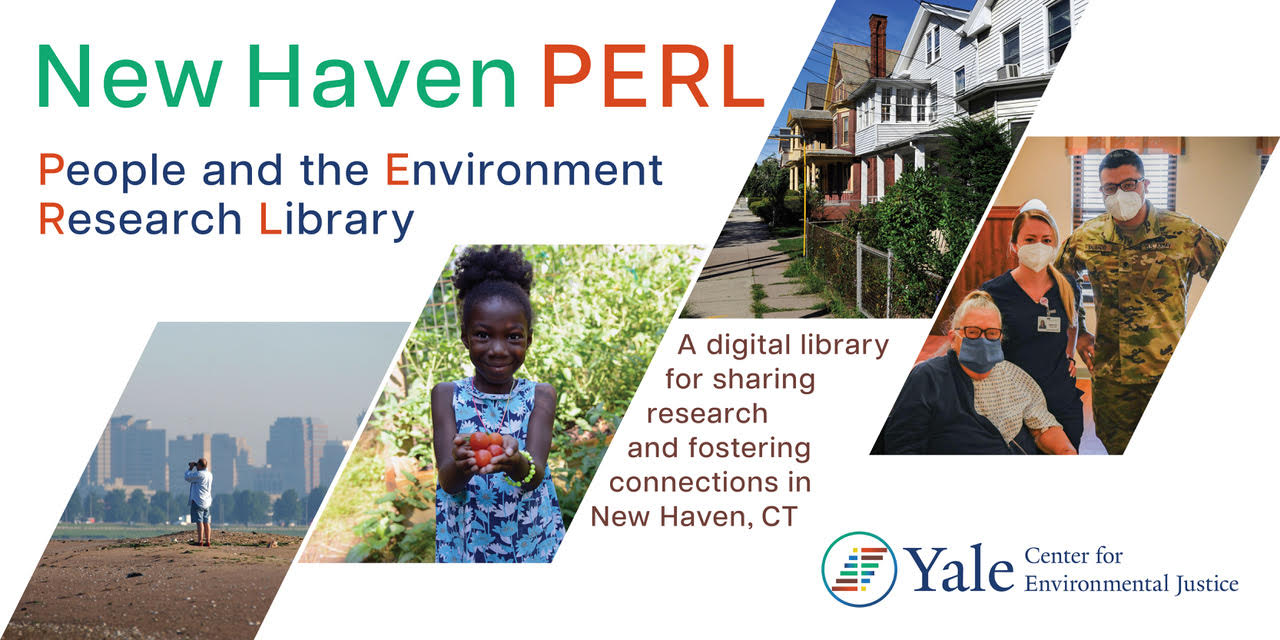Document Type
Thesis
Summary Description
This thesis report was completed in May 2023. Thesis research focused on the current energy landscape in New Haven, barriers to energy efficiency for tenants, and ways in which local organizations can acknowledge gaps in participating in collective action and build community power through a framework from the Human Impact Partners.
Abstract
Energy is an essential household need to sustain health and wellbeing. Connecticut has one of the highest energy costs in the nation and leaves a majority of residents experiencing energy insecurity, where households are not able to meet their energy needs. Energy efficiency retrofits have been introduced as an effective solution to sustain thermal comfort indoors. Despite increased funding and resources for energy efficiency, federal and state programs continue to go widely unused by tenants for several reasons from health and safety barriers, tenant-landlord power imbalances, and administrative challenges to name a few. This thesis aims to describe Connecticut’s energy landscape, previous collective tenant action efforts, and explore barriers to collective action with the goal of providing organizers with actionable steps to engage tenants in mobilizing around energy issues. Using the Human Impact Partners’ framework, this thesis outlines the ways in which Connecticut organizations build community power through three dimensions, as defined by the Grassroots Policy Project. This framework is used to identify where there are gaps in the organizing approach and provide next steps to advocates, tenant groups, and housing and energy organizations. As a result of this research, there are two key recommendations for organizations engaged in energy issues in Connecticut that put emphasis on the second and third dimensions of power: 1) organizations should focus on infrastructure-building to prioritize developing deep, long-term alliances across organizations to allow for more opportunities for collaboration towards achieving overlapping goals, and 2) organizations should create broad, core messaging will allow organizations across sectors to develop a concise narrative around social and political issues to allow each group to maintain their unique narratives and perspectives, while building power through a common overarching theme.
Publication Status
Unpublished
Category Tags
Activism and Advocacy; Disproportionate Environmental Impacts; Energy; Housing
New Haven Neighborhood
New Haven (All)
Recommended Citation
Rachman, Alixandra P., "Powering Up: Examining frameworks for community engagement and collective tenant action around energy efficiency in New Haven, CT" (2023). Academic Articles. 31.
https://elischolar.library.yale.edu/nhperl_articles/31


